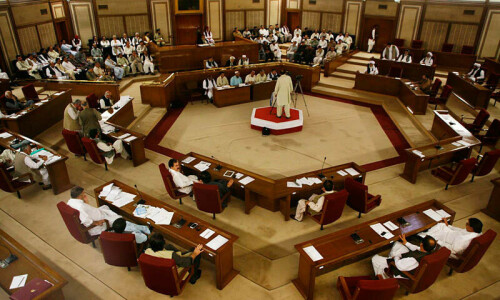KARACHI: The textile industry is asking the prime minister to issue directives to collect gas infrastructure development cess (GIDC) “only from those who are liable to pay”, arguing that the sector has neither collected nor passed on the GIDC in its sales all the time the matter was pending before the court.
The demand has been made by the Council of All Pakistan Textile Association (Capta), an umbrella group consisting of 16 different associations of textile-related businesses that has come together specifically around the GIDC issue. Capta Chairman Zubair Motiwala tells Dawn that close to 60 per cent of the units under the body “would not be able to pay the GIDC in the post Covid scenario.”
He said textile-related industries have not passed on the impact of GIDC to its buyers as they were legally not obliged to collect or pass on for certain periods.
The Act of 2015 clearly says no guide for the period of 2011 to 2014 and it further states that those who have collected would pay, which means those who haven’t, wouldn’t pay either.
The argument that the group is advancing is that the GIDC Act of 2015, that they say the Supreme Court has “revalidated”, does not oblige them to pay this cess.
The statement was issued in the wake of claims made by the Petroleum Division terming the court verdict as a win-win for both, industry and the government.
Only some industries have been adversely impacted by the court’s decision that resurrected the gas infrastructure development cess after a legal battle lasting almost a year. Others, like fertiliser, have been collecting the cess from their customers and keeping the funds in a reserve account, in anticipation of an adverse verdict.
Most fertiliser players are not particularly disturbed by the decision as a result.
However, textile exporters and CNG station owners had not been collecting the cess while the case made its way through the court.
Textile industry players argue that the cess is not applicable on them, and if they are required to pay, their products will be rendered uncompetitive in international markets.
Published in Dawn, September 6th, 2020














































